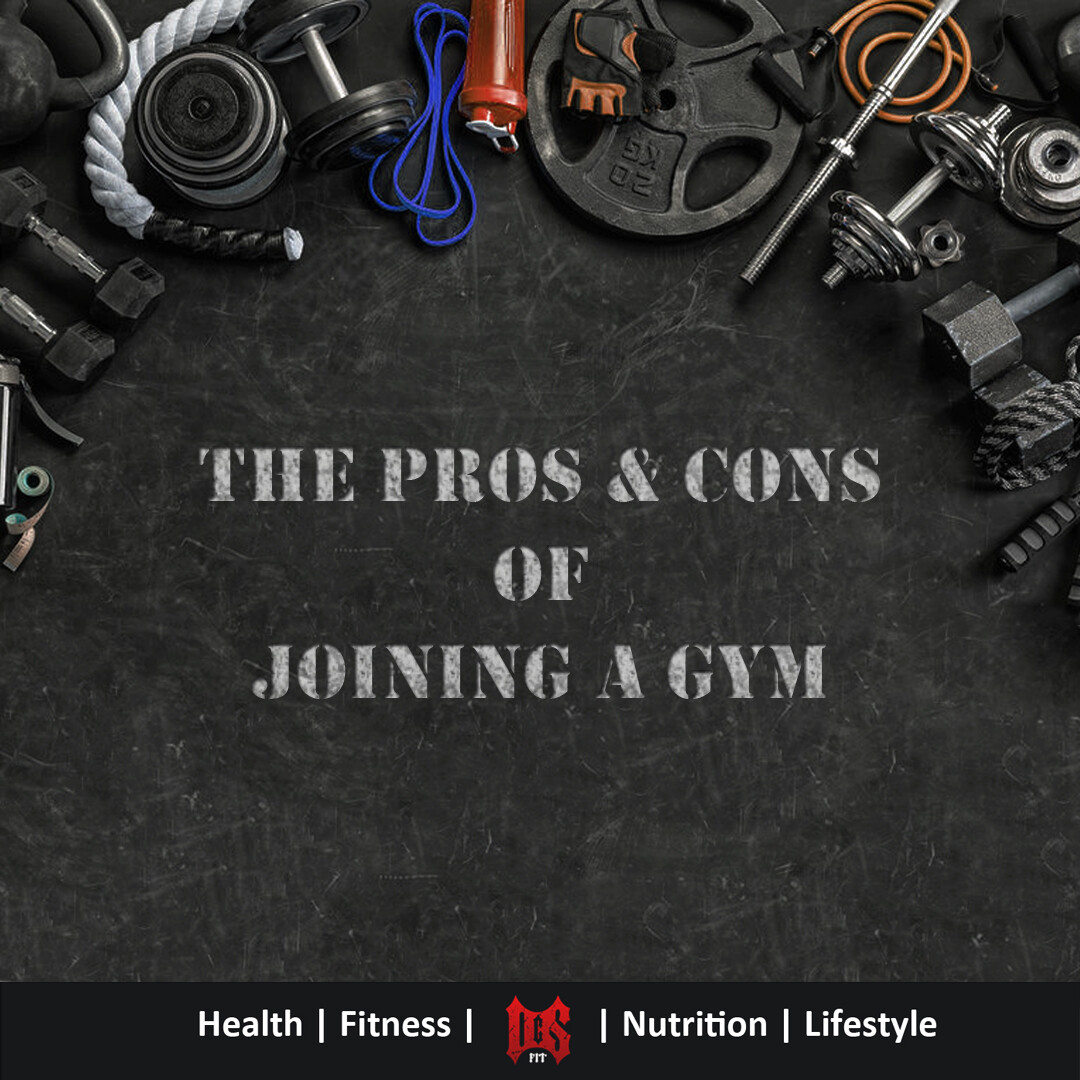HOW FAST
WILL I SEE RESULTS?
Once you commit to making a change, it’s not unreasonable to start thinking of when that change is going to arrive.
Self-improvement is a results-focused endeavour.
If you’re not seeing results, then your efforts feel wasted.
Assuming you have a fully optimised workout programme and a nutritional approach that complements your actions, there you can expect to see results within 12 weeks.
For many, the results are faster. But because you are so focused on yourself and see yourself every day, the changes may not be so evident to you.
Prefer Video or Audio?
Watch This!
The reality is, for most people change begins to occur within a week or two. It’s just so slight (and often well disguised by the effects of a lifetime of neglect, they are barely imperceptible and easily dismissed.
But often the biggest issue is in the question itself.
What do you mean by results?
Define Results!
What constitutes ‘results’ will vary from person to person as everyone’s perception is different.
Are results when there is ANY level of physiological change?
- You are fractionally stronger.
- You’ve dropped a measurable amount of size from your waist (even if not visible)
- You notice a change in energy.
- You feel you have done something (because your muscles hurt, or you’re exhausted)
If so, these kinds of results can happen within a few weeks or even days in some cases.
Are results, to you, when other people notice a change?

- You receive regular compliments on how you are looking.
- People seem happier in your company.
- You are told you are looking healthier.
- Friends and family start telling you how proud they are of you.
Achieving this level of result can take a little longer because much of the change is going to be hidden under clothing. And it takes a more dramatic change for it to become so noticeable that it is worthy of comment.
Having said that, others will likely notice before you. Especially those you see more infrequently. Because they will just see the before and after, rather than the incremental changes.
But this type of impact can be expected to start occurring within 4-8 weeks when everything is going fully to plan. Though for those who are slow responders, 12 weeks may be a more appropriate expectation level.
Are you only interested in when YOU will see noticeable changes in yourself?
If so, then the question of how long is directly tied to your perception and filters.

You see yourself every day and it’s not uncommon to always be looking for faults. So, it could be that no matter how far you progress, you are still seeing those stubborn areas of fat or smaller forearm muscles and feeling the results just aren’t coming.
In such an instance, setting up a more objective method of obtaining feedback would help.
- Taking progress photos to compare.
- Keeping a diary to reflect on your energy and mood over time.
- Taking physical measurement
But when you ask a question, there is usually a reason for seeking an answer.
And in asking this question, it would be worth reflecting on its purpose.
Why do you want to know?
Understanding why you care about the timeframe will give more value and allow the answer to have more impact.
This question often comes from two places (often concurrently)
You have decided to make a change and you just want to see it happen.
A bit like a child in the lead up to Christmas or their Birthday.
Counting down the days, the hours, the minutes, even the seconds.
Though if you remember those times (or have seen it in action) the reality rarely lives up to the hype.
It’s not that it’s disappointing.
Just when you compare the level of excitement in the lead up to the level of satisfaction and joy in the days after, there is clearly a mismatch.
The other reason for asking this question comes from a much worse place.
One of dread or anguish.
You want to make a change.
You feel it’s important.
But the idea of the process (the exercising, the dieting, the abstinence from indulgences like alcohol or sweets) is already filling you with trepidation.
So, you’re essentially asking,
“When will this be over?”
Or
“How long do I have to do this?”.
It’s one thing to know what you want.
If you are not clear on that, you are making less focused choices and more likely to head off track.
Having targets in the form of timescales can also be useful to ensure you don’t procrastinate and fall into the “do it tomorrow” loop.
But by phrasing the question this way, the focus is on the time. Not the result itself; what it means or how you feel about it.
You are less likely to enjoy the journey.
And it can only lead to disappointment.
Setting Yourself Up for Failure
Let’s say you asked this question and received a fixed answer of 12 weeks (which is common when you look at the marketing of many programmes and services).
What has this achieved?
If you do see changes in the 12 weeks, that’s what you expected!
So, it’s nothing to get excited about (even though you will say otherwise at the start).
And if you don’t see the results you envisaged in that time, you are going to feel let down.
There is no circumstance when you will feel your expectations have been exceeded!
Because what you are aiming for is what you are imagining.
So even if you do get ahead of schedule, you’re likely to move the goalposts and imagine something even better.
So, in what circumstances could asking this question achieve a positive outcome?
I’ve heard the argument that it is motivational.
It’s a number that feels doable and will keep you going because there is an end in sight.
But that goes back to the idea of pushing through something you are not inspired to do.
Something that is making you feel miserable.
So, what will ultimately happen?
If you haven’t enjoyed the process, you are likely to go back to the things you did enjoy (over-eating, lazy days on the couch, indulging in harmful substances etc).
And with that feeling of deprivation, you may well double down on them, ending up in a worse position than where you started.
Targeting Results that Create Success
So, how do we reframe this question to be more valuable?
If you are looking for a time base to focus on, there are several ways you could approach this and have it benefit you.

It may be that you look at a periodised plan.
You are going to focus on one element for a period and look to make improvements there.
For example, you may want to increase your strength, because you understand that if you are stronger, you are less prone to injury and capable of more in both your training or sporting activities and your day-to-day life.
Perhaps you give yourself a 6-week period to see an increase here before moving on to something else.
Now you have that timeframe you sought.
And you can truly measure the progress as your body becomes more capable of dealing with the challenges you are throwing at it.
You can feel good about that, and it can inspire you to the next stage in the plan.
Strength may not have been your end goal.
But it’s a part of the process.
And now you can feel confident you are moving toward your target. And as a result, your enthusiasm is likely to heighten.
It doesn’t’ have to be strength. It could be building a daily habit; increasing your flexibility and mobility; resolving a postural imbalance, or just drinking more water for a prescribed time.
These are all things you can put a timeframe on, measure and use to move you forward, but without the weight of expectation or the possibility of disappointment.
Why 12 Weeks is a Reasonable Timeframe
If you must set a timeframe on “seeing results” then 12 weeks is a reasonable benchmark.
Often visible results begin to show faster than this, but that does depend on what the goals are and what your starting point is.
I’ve worked with clients suffering discomfort and pain that, with a few changes to habits, some minor exercises, and a shift in viewpoint, have seen life-altering shifts in the space of a week or two.
I’ve had others who have seen measurable changes occur that are visible to others, within 3 or 4 weeks, but it takes them 2 or 3 months to see it themselves.
The difficulty here is, as mentioned earlier, we are often our own harshest critics.
If there is something you don’t like about yourself, often all your focus goes there.
And because you are always in your own company, and physical regeneration and adaptation is a slow process, it’s harder to see those changes happening.
But I have found (as have several studies) that a consistent, tactical approach to physiological change will become noticeable to most people within 12 weeks of beginning the process.
I must stress though, that this often gives license to part with reality and rationality.
You are Responsible for Your Results
Imagine hiring a Personal Trainer, saying you want to lose weight whilst developing your arms and shoulders. Then ask, “how long will it take to get results?”.
If the PT answers about 12 weeks, this can act as a subconscious shift in responsibility.

You have paid the PT!
They said 12 weeks.
So, 12 weeks later you expect to see the thing you paid for.
Ok, you missed about 40% of your sessions; you had the flu for 3 weeks, and there was that week where you had all those deadlines at work and had to order pizza every night.
Not to mention the coffee you were drinking to allow you to keep working on 4hrs sleep.
But you paid for a result. So, where is it?
Or you start at a gym, you commit to going to 3 fitness classes per week and doing some strength and conditioning work another 2 days each week.
You have your dietary approach planned out and you run it past a fitness expert to ask – if you follow that plan, how long before you see results?
If you, again, received the answer of 12 weeks, then you roll your ankle one day stepping off the train.
You can barely walk, and your doctor tells you to rest for 3 weeks.
You might then start beating yourself up because you had a date in your head and now you are going to miss it!
Or you feel lied to.
Or that what you are doing doesn’t work, because you forget to recalculate based on the missed 3 weeks.
Even then, you can’t just add on 3 weeks to the time, you need to factor in re-establishing a routine, possible rehab work and undoing any regression that occurred during those 3 weeks of inactivity.
Your perception of what works, your return on investment or the value of what you are doing ends up completely skewed.
Living in the Future is Futile
The point is no one can predict the future.
And trying to do so is either living in a fantasy land or leaving you open to disappointment.
The future doesn’t exist.
The past is gone.
All that is of consequence is the here and now.
And what you do with THAT is what is important.
If you make a positive change, then celebrated it, without putting qualifiers on it.
You were able to lift more weight, that’s an achievement.
But if you then start thinking, “well if I can do that every week for the next 12 weeks, I’ll be able to lift…”
Now you’ve turned your achievement into pressure and potential disappointment.
Change and achievement are about enhancing your life.
So don’t be so quick to belittle those life-enhancing moments.

How Fast Will I See Results?
From Working Out? by Mark Tiffney
Celebrate your achievements.
And when you want to improve, ask yourself what you can do, not how long it’s going to take.




Leave A Comment